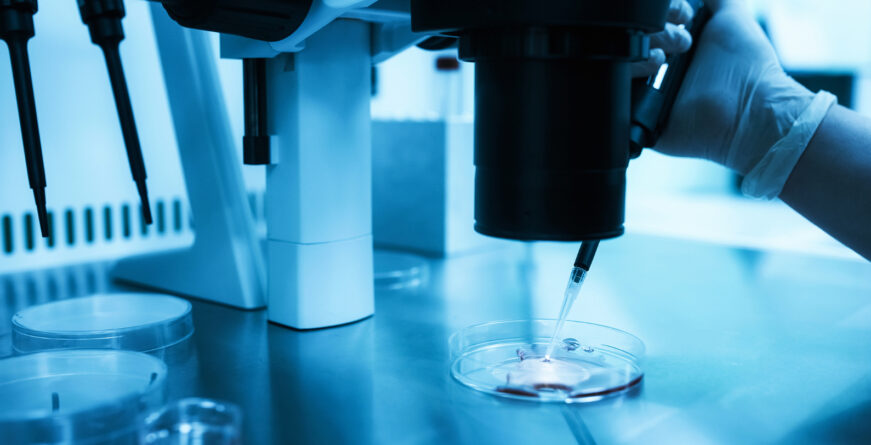It may be hard to believe, but right now, there are more people in the world that are overweight than underweight. If the trend continues, it may have a negative global impact on fertility rates. Some studies suggest that obesity should be considered a cause of infertility as it contributes to reduced semen quality, erectile dysfunction, and the changing of sperm proteomes (group of proteins expressed in a cell).
How does having high levels of body fat contribute to infertility? That question involves a lot of science and an understanding of how fat cells work in the body.
Obesity causes decreased sperm concentration (less sperm), abnormal morphology (oddly shaped sperm), and abnormal motility (slow sperm). Erection issues can be linked to poor blood flow from high cholesterol and blood pressure. And the combination of these two conditions can cause subfecundity (less than normal fertility) or infertility.
Additionally, high levels of white adipose tissue (fat cells) are known to cause elevated levels of aromatase activity. Aromatase is an enzyme involved in the production of estrogen which acts as the catalyst for the conversion of testosterone to estradiol (an estrogen). What this means then, is that men with a high percentage of body fat often have hormonal imbalances between estrogen and testosterone.
Lastly, and arguably the most overlooked factor that contributes to fertility problems, are environmental toxins. A largely unknown fact is that most environmental toxins are fat-soluble, and consequently, accumulate in fatty tissue. For obese males who have excess scrotal fat, the environmental toxins present in their body may also have a direct localized effect on spermatogenesis in the testes as a result of toxin buildup.
At Maze, we take pride in approaching male infertility with both expertise and compassion and offer a variety of treatment options.
Learn more about obesity and male infertility or contact us for a free phone consult!


